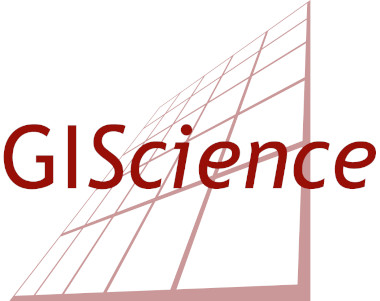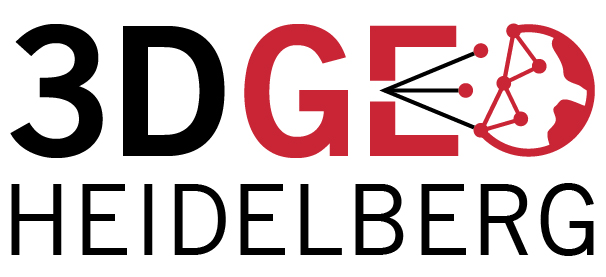Dear colleagues,
In addition to our RICHVGI workshop in AGILE 2015, which will be held on June 9, 2015 in Lisbon, we are organizing a hands-on session called “VALID-LAND: Assessing the fitness of citizens observatories for land cover/land use mapping and validation purposes“. We would be delighted to see you joining along with spreading the word.
Topics: This workshop will provide exposure to the possibilities of land cover/use mapping from different Volunteered Geographic Information (VGI)-based initiatives including OpenStreetMap, and georeferenced photo sites such as Panoramio, for the purpose of generating land cover/use maps and comparing the results from these diverse VGI initiatives for consistency analysis, quality evaluation and fitness-for-purpose.
Objectives: There are several collaborative mapping platforms and VGI initiatives that can potentially assist researchers, practitioners and managers to extract land cover/use related information, including OpenStreetMap and a growing number of georeferenced photograph repositories (e.g. the Degree Confluence Project, Flickr, Panoramio, Geograph and Instagram among others. Each of these has its own modality of data collection, data management and interaction with volunteers (users), which cause different types of errors and limitations. The aim of this workshop is to test the consistency/quality of the land cover/use information obtained from different sources of VGI and compare these with land cover and land use from authoritative sources including the Urban Atlas and data from the UK Ordnance Survey.
Outcomes: The planned outcome of the workshop is a peer-reviewed paper containing the results obtained from the workshop. The hands-on sessions will provide the main results for the paper and the last hour of the workshop will be spent discussing the paper outline and action points for workshop participants and organizers.
Organizing committee:
Dr. Jamal Jokar Arsanjani, GIScience Research Group, Heidelberg University, Germany (Contact person)
Prof. Marco Painho, NOVA IMS – Information Management School, Portugal
Jacinto Estima, NOVA IMS – Information Management School, Portugal
Prof. Cidália Fonte, University of Coimbra, Portugal
Dr. Linda See, International Institute for Applied Systems Analysis, Austria


